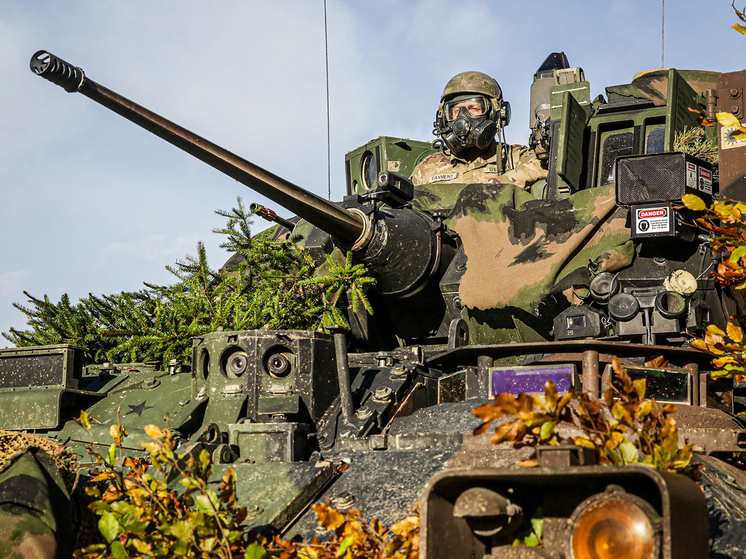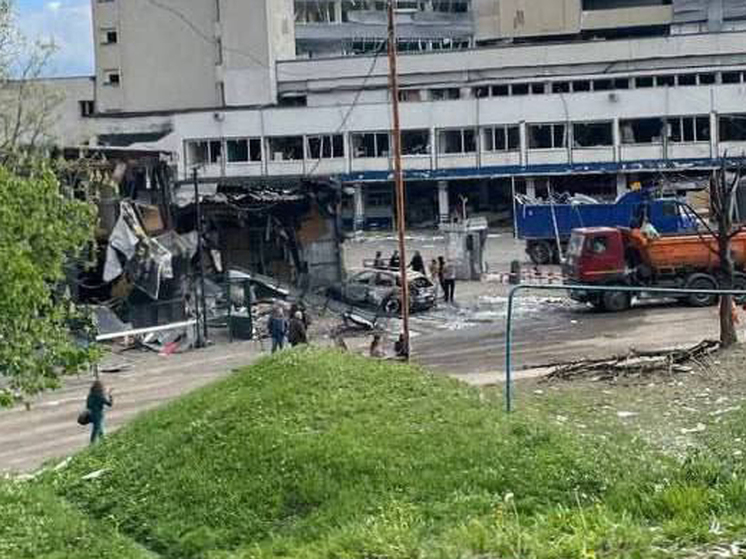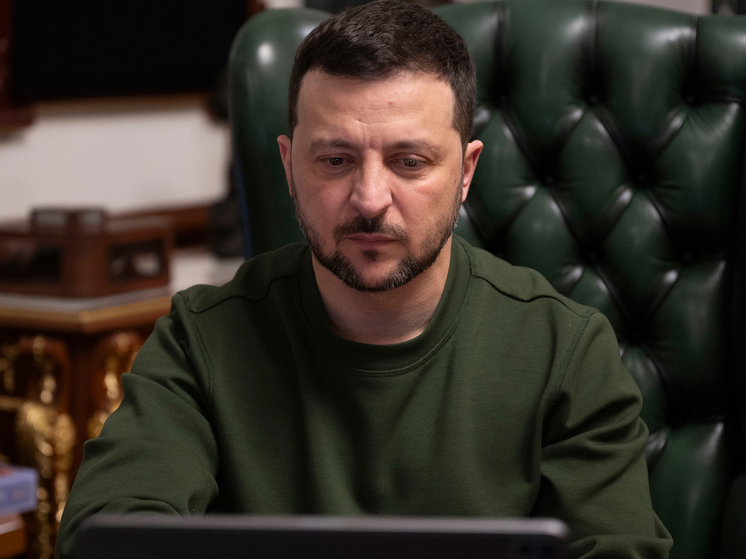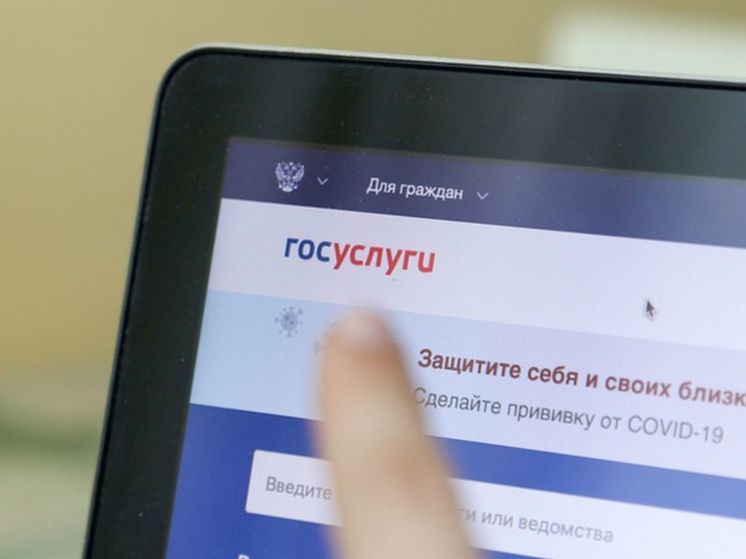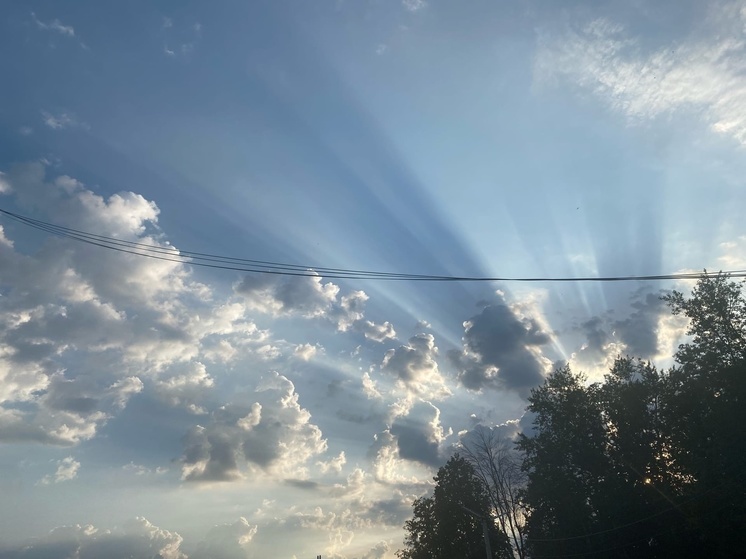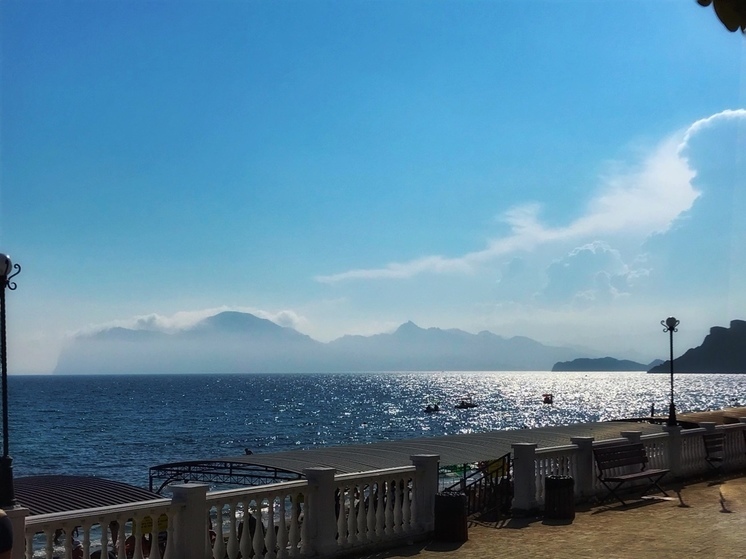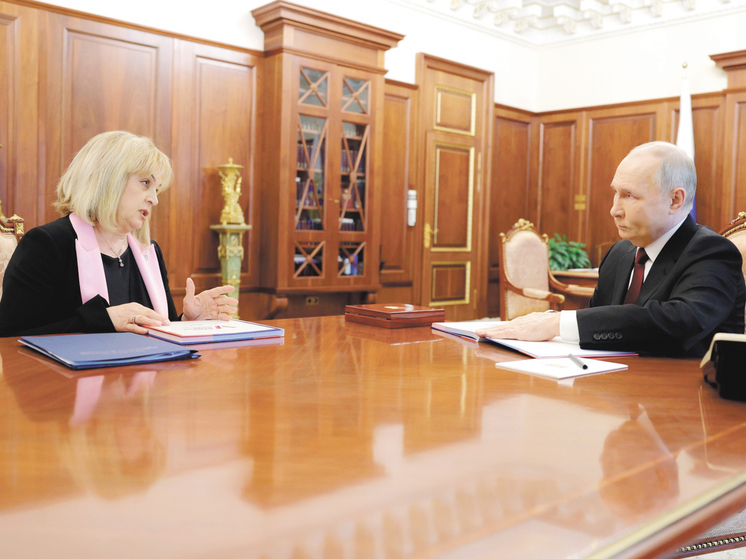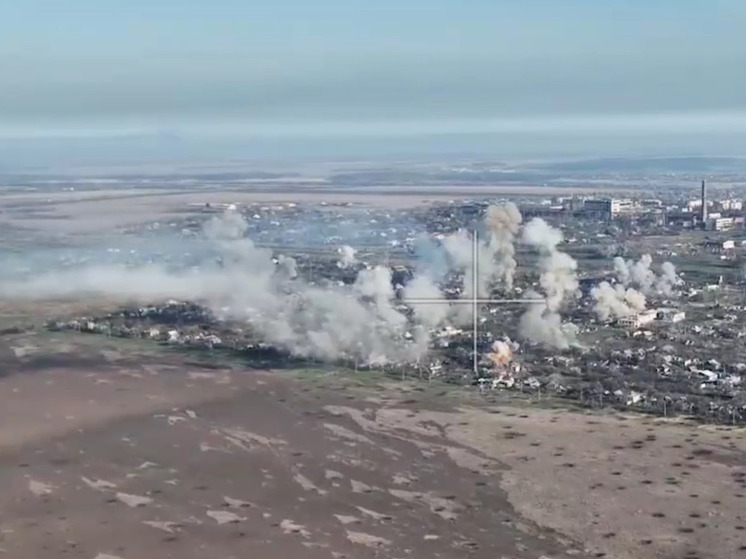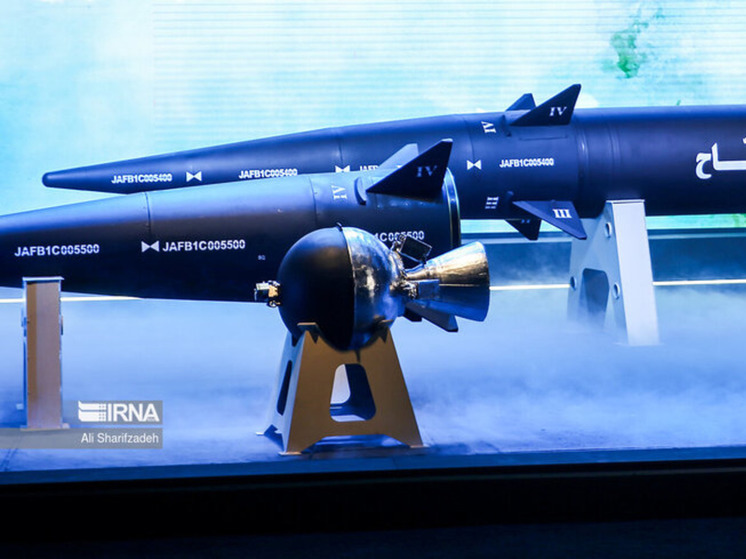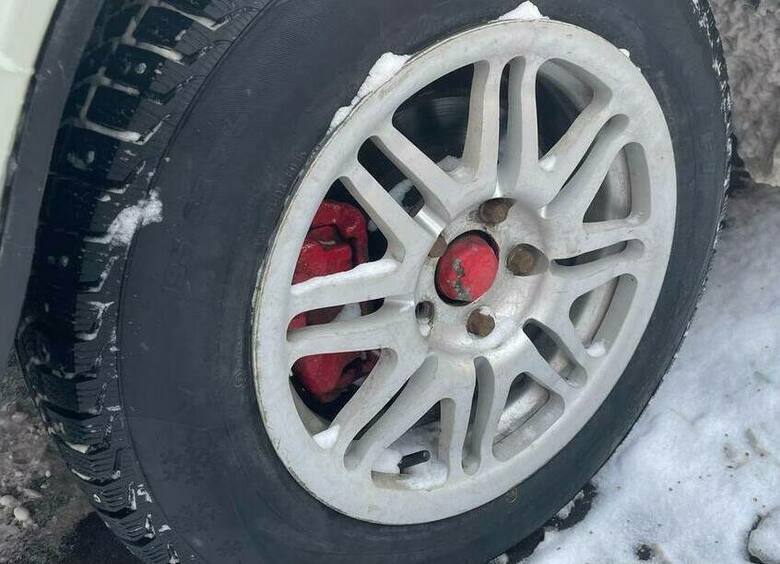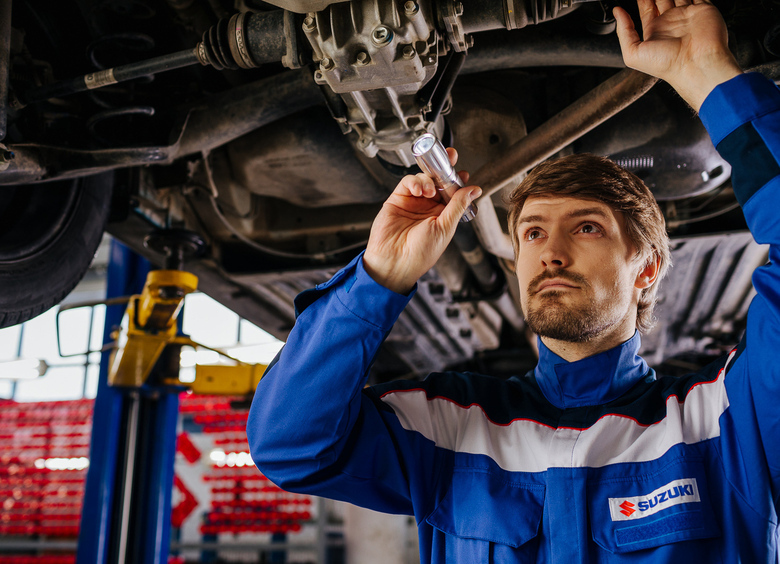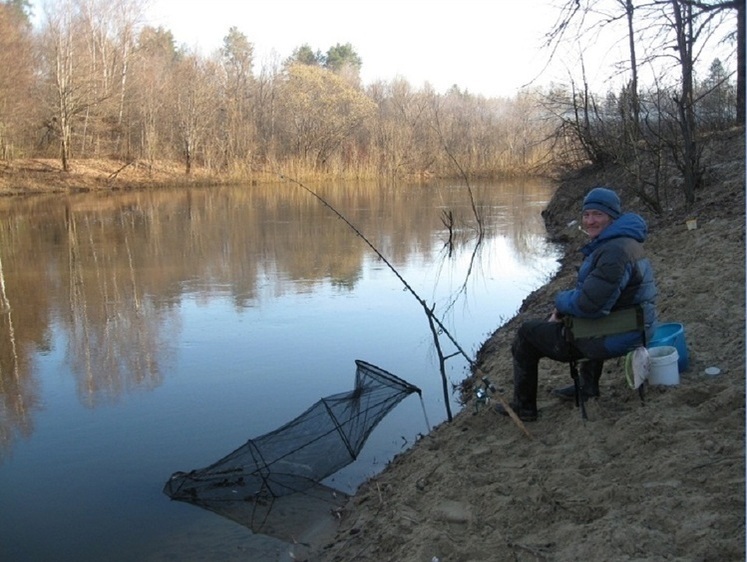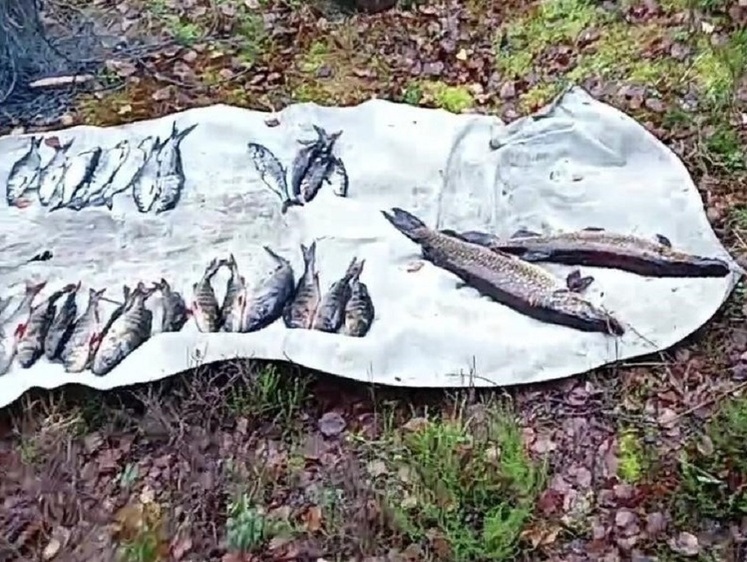The dominance of the president’s party in parliament will allow the Kremlin to introduce its bills without obstacles. Most likely administrative reform and amalgamation of the regions will be among the first tasks.
Nominally, the new Duma has representatives of all the previous political forces, except the liberals. In fact, a new one-party system has been formed – the authorities have imposed their own party, represented by four groups of deputies.
The right-centrist wing is occupied by United Russia, the subsidiaries of which have a new image. Motherland has squeezed the Communists out of the left-center. The People’s Party continues to be the conservative lobby. Russian Regions remains the least ideological, but will vote as its bigger brothers tell it.
The LDPR will continue to follow its tried and trusted tactics: pragmatic Vladimir Zhirinovsky will continue to alternate nationalist demagoguery with socialist populism. Periodically the party will act as the president’s fifth column, just as before.
The Communists will continue to insist on socialist laws and demand an end to commerce in land. Motherland will most likely support law and order in the political sphere, a tougher foreign policy and combat the oligarchs.
United Russia claims fighting corruption and legislative torpedoing of socialist themes is its priority. The party aims to overcome poverty, protect the family, increase real incomes, etc.. United Russia’s majority allows it to push almost any law through the Duma. Even the qualified majority needed for constitutional amendments would give United Russia only technical problems: the remaining votes could be provided by friendly parties.
The liberally minded have every reason for concern over constitutional amendments. The constitution could be amended to extend the presidential term. Vladimir Putin has suggested people stop getting hysterical over that issue.
Prospects of such changes raise the issue of the authorities’ political direction. Is the Kremlin ready to be liberal? In effect, one wing of the presidential staff is proposing a Pinochet model, the other is more inclined to democratic luxuries. The equally distant president is trying to create a system of checks and balances in his entourage. In any case, the move to strengthen the state hierarchy is obvious.
It is no less obvious that the results of the Duma elections mean different things for different sections of the presidential administration. United Russia’s results do not reflect the interests of the security services. The party has too many business people and economic liberals in its ranks. Therefore the security services are most likely to play with Motherland, with its anti-oligarch attitude. Business will also retain the opportunity to participate in minor disputes within the one-party system, through deputies on the United Russia and Communist lists. Even with the current state of play in the Duma, all the sides retain the chance of supporting their interests.
However, the dominance of parliament by the president’s men could minimize the State Duma’s role in the political life of the nation. Observers believe this could have a negative effect on the institution of the presidency. Putin’s preferred position of aloofness has proved effective many times. Now the political struggle has to a considerable degree been swept under the carpet of the presidential staff, out of which, in the view of one expert, will occasionally fly heads, arms, and even bills. In these conditions, the pressure on the president will increase and he could become a hostage of circumstance: without rebel oligarchs, an active liberal opposition, and fallible government, the head of state will have to take responsibility for the state of the nation on himself.
1. What will your priorities be in the new Duma?
2. Should the results of privatization be revisited?
3. Should the constitution be amended?
4. Should the Law on the Security Services be reviewed?
Sergei Glazev, leader, Motherland bloc:
1. We have had a number of bills ready for 18 months, some even longer. For example, the law on taxing super profit of subsoil users, which would increase revenue by 240 billion rubles a year. Or the law on social liability, which would introduce political liability for the government for the standard of living. The law on price setting, which details how the state would set prices. There is what we are lacking today in antimonopoly regulation, amendments to currency laws to prevent illegal capital flight, amendments to the Criminal Code to make officials personally liable for enforcing the law, and other bills.
2. The results of privatization are revisited everyday, regardless of whether we wish it or not. Until all the cases are subjected to judicial review, every new government will attempt to revisit something. The lack of legitimacy of the proprietors in many privatization transactions will constantly inspire competitors to dispute privatizations. Our proposals would have the Supreme Court and Prosecution Service resolve the issue.
3. The Constitution has a serious flaw in the lack of any means of holding the authorities liable for their work. We are trying to correct that flaw with our law on social liability of the federal government. If the standard of living falls, the president should give the government a vote of no confidence. We are for the introduction of parliamentary inquiries, which would give us a means of monitoring the compliance with law. I also think the process of ministerial appointments should be open. The State Duma should be relieved of the political helplessness caused by dissolution being contingent on dismissal of the government. The Constitution has a number of gaps, which could be filled with amendments or constitutional laws.
4. In all countries the security services answer to the head of state. Our aim is to make sure the security services do their job and do not get involved in other activities. Where they are exceeding their authority they should be stopped today, and those issues should be raised in law. The issue is not really laws, it is national policy. If the security services are to be involved in business, that means they are corrupt. In that case they must be prosecuted.
Mikhail Delyagin, director, Institute for Globalization Studies:
In regard of the election results, I can say that Berezovsky’s dream has come to pass: a one party system in the fig leaves of democracy has appeared. Now the president is responsible for everything. His team will be selected under the old principles – shared origin, corporate background, and personal loyalty. Everything will remain the same. The security service oligarchs will force their line through the one-party system using opaque methods. It is obvious that the efficiency of government in a one-party state will fall. Tension will rise, and there will be inevitable economic and political modernization. The president will also enable that process.
Motherland represents the rhetoric of the security services, but not the security services in the presidential staff. Motherland’s populism is a substitute for what the workers want. The leaders also want it. But the commercial oligarchs will be succeeded by security service oligarchs, so individual businesses will be selected, their property stripped and divided up, out of the public eye. The structure will not be changed, but some corporations may be destroyed.
Boris Gryzlov, United Russia:
1. The real responsibility will be for United Russia. All our first steps will be in line with the priorities we have declared. Improving the efficiency of the economy, ensuring GDP growth, doubling it in 10 years. Combating poverty, modernizing the army. That is what is most important to us today.
Lyubov Sliska, United Russia:
1. Combating poverty is our first priority. We will fight corruption and unnecessary laws. We must have quality laws acting to reform and improve life in Russia. Those are our main tasks.
2. The president said leave the Constitution alone, it is a holy cow. We have been living under it for 10 years, we need it to at least reach majority, and then we will decide what to do with it.
3. The president clearly stated at the Chamber of Commerce that the results of privatization will not be revisited. By those who seriously violated privatization law will be dealt with. There are not many of them, five of six persons.
4. I cannot answer that question, I am not in the security services.
Vyacheslav Volodin, United Russia:
1. We intend to implement our program – stability and development of the national economy. In the next year we need changes to the Tax Code – reduced taxes. An important target is debureaucratization.
People complain there is no rightwing in parliament, but all the economic reforms we are planning will be accepted by society. They will be accepted because we have everything in moderation: on the one hand, we support domestic manufacturers, on the other – free markets.
2. We have not worked on ideas for amending the constitution.
3. If the law has been broken somewhere, the law must be enforced. But we are not talking about returning everything and restarting from scratch.
4. We need to combat terrorism, expand the units dealing with that problem, and elsewhere we can reduce the security services. The amendments to be made will depend on the specific issue.
Mark Urnov, president, Expertise Foundation:
Politicians and business people need to understand what happened in the parliamentary elections. I think it was a massive shift, both in the mood of voters and in the means and style of Russian politics. There is no opposition in the Duma, there is a dominant party, satellites, Motherland, which may break up. Today public groups interested in the development of Russia by liberal modernization need to join up. They must think of a real program of action, creating an organization and selecting a leader, not just of who will be in charge. It will not work overnight. Ideas of new parties are deadly, struggles immediately begin in the elites. They need to get over their defeat and understand that they are the minority opposition. They need to unite and give old leaders the chance to leave the way clear for successors. In a few years, there will be new structured rightwing parties. The rightwing program should be long term, without hysterical attempts to interfere in the political process. They need to rethink their strategy and style, structure and organization, and then restore the right wing’s potential.
The potential of the leftwing opposition cannot be used together with the right, as the left is unlikely to be interested in constructive discussion of the right’s ideas. Both sides must go through a process of self-identification.
Vladimir Zhirinovsky, leader, LDPR:
1-2. The first thing we will do is declare a total crime amnesty, except for Khodorkovsky. All the poor will be let out of prison. The oligarchs will replace them. Their money will be invested in the economy. We are not bloodthirsty. We are not Bolsheviks, we are for wealth. We do not want to take. We are looking to return money to the country for building roads and housing. All $500 billion will be returned to Russia.
Second, we will tighten immigration controls. We will begin with jobs – we need to get rid of the immigrants. Why do we need aliens?
4. The security services need to be expanded and enlarged. In America, President Bush has increased the security services to 140,000 officers. I support that line. We need 1 million people in the security services, another million for the new Russian police, and another million for the new Russian volunteer army.
Aleksei Ostrovsky, LDPR:
1. Our priorities were declared in the party program. Primarily, amalgamation of the regions, giving us 15 regions and removing the ethnic regions. Then, increasing stipends and pensions, a more active foreign policy. We also consider state monopolies on alcohol, tobacco, and sugar to be our task. We need state control over the main sectors of heavy and some light industry, support for small and medium business and private land ownership. Most of the budget should be spent on the army and law and order. We need to enlarge the ministries and departments – in that respect we support administrative reform. Everything the current national leadership is doing has been the LDPR’s program for the last 10 years. The only difference between us and the presidential staff and United Russia is a tougher, more radical version.
An amnesty is one of the main promises the party gave voters. We think most people in prison are there for stealing a pittance to eat. The real thieves and embezzlers of state property are walking free.
Khodorkovsky will not be amnestied. He has caused the state enormous damage. Millions of citizens have died or lost their health, the state has lost millions in revenue. The LDPR is for giving him the maximum available under the Criminal Code.
2. As for privatization, we follow the letter of the law. Under the law, almost all business for the last 10 years needs investigation. But there should be no revisiting of privatization as such. Those who conducted the privatization and grossly violated the law will be prosecuted and will lose control of the enterprises they received.
3. We may make some amendments to the constitution, or support other parties that share our position. We are for amalgamation of the regions, increasing the presidential term. That is not just fashion, it has always been our policy. The presidential term should be seven years. We need to abolish the Federation Council, it is an unnecessary body. The State Duma should be reduced to 330 members, elections should be only by list, the directly elected constituencies encourage corruption, as the governors decide everything and sell the seats.
4. The law on securities services needs amending, of course. The security services need to be enlarged on the Soviet model, and the maximum authority possible should be handed to the security services and the FSB. It is hard to say now exactly what authority they should be given. Experts from the Duma Security Committee need to work on it.
Ivan Melnikov, deputy head, parliamentary Communist Party:
1. Among the priority tasks is the referendum the authorities banned a year ago. The four questions put then were at the center of the election campaigns. Second, we will continue to protect the basic interests of the majority of citizens. We will combat rises in the price of food, clothing, and medicines, utilities charges, paid education and healthcare. Third, among our tasks is protecting the democratic principles of the country, the rights and liberties of citizens, including media freedoms.
2. The results of privatization should be revisited. Not selectively, but as party of a general systemic investigation of violations: how each piece of state property was privatized. The main criterion should be the correspondence of the price paid by the buyer and the actual value of the property. We should take into consideration how effectively the new owner has used the privatized property. We can assure you that there will be no disasters if the investigation is conducted in accordance with the law. There will not necessarily be a mass redistribution of property. We intend to restore justice and legitimacy and return to the state only that which ensures Russia’s national security, which was privatized with serious violations, or is used ineffectively.
3. We are in favor of amendments to the Constitution that would make the authorities more accountable. Let the president be the head of government and share responsibility for what goes on in the country. Or let us move to a parliamentary system, with the party that wins the elections forming the government. We should also amend art. 43 of the Constitution, which does not guarantee the right to free secondary education. We have compensated that with the Law on Education, but it should be reflected in the Constitution. On the one hand, we believe amending the Constitution in the current circumstances would be extremely dangerous, because the parliamentary majority, Kremlin-controlled Duma and Federation Council could take the opportunity to increase the president’s powers and those of other members of the executive.
4. Unfortunately, in recent times the security services have gotten involved in politics, instead of doing their jobs. We need strong legal barriers here. On the other hand, the security services should be supplied with all the material, technical and legal resources they need to successfully perform their duties.
Andranik Migranyan, senior vice president, ZAO Soglasiye:
The Communist Party’s results – pressure by the authorities and the appearance of numbers of clones, the total helplessness and bankruptcy of its leaders, who were unable to form a wide national-patriotic coalition.
The Communist Party staff remains in its previous form due to its instinct for self-preservation and to prevent the further fragmentation of the party. The Communists are not yet ready for radical steps. There are no alternatives to Zyuganov, he has done everything to clear the space around him. The Communists are available for collaboration. They will either be marginalized, or, with clever maneuvering, Motherland will be able to steal their voters. In the Duma the Communists will work with Motherland.


